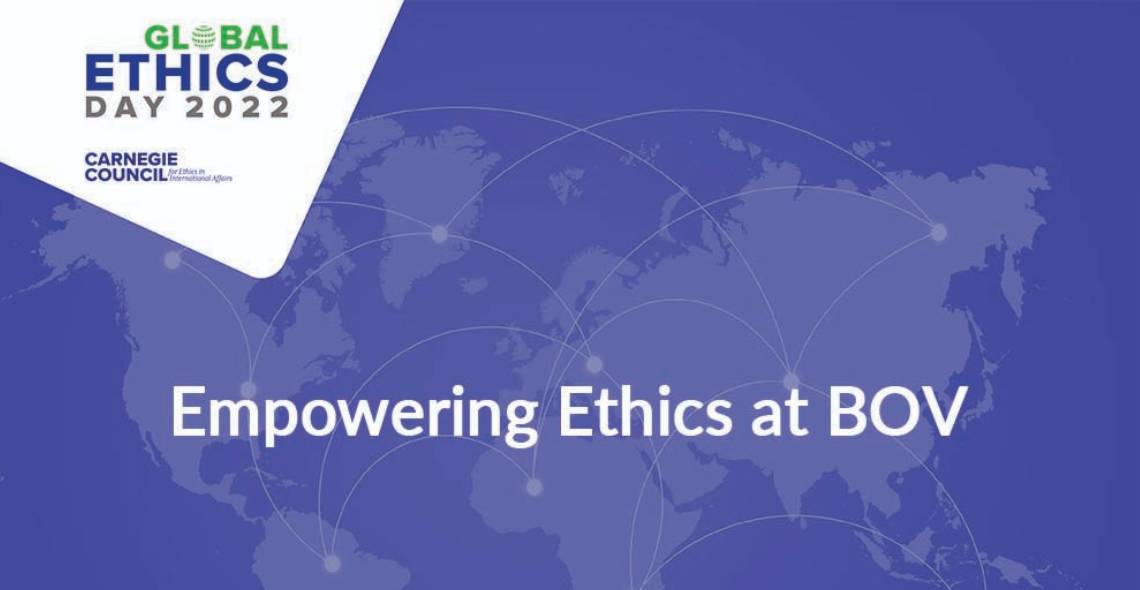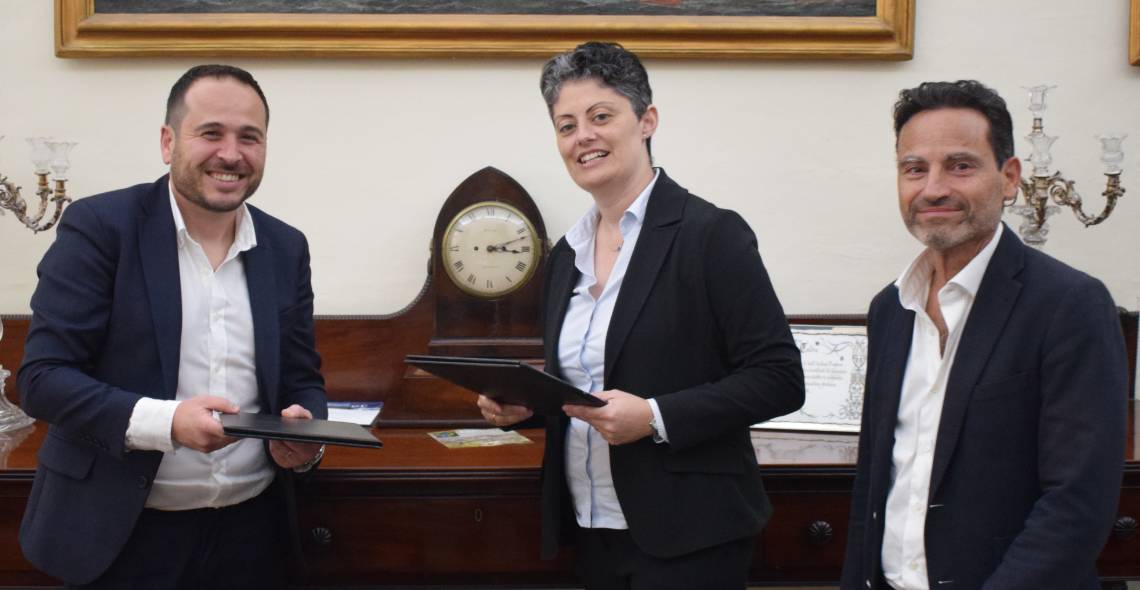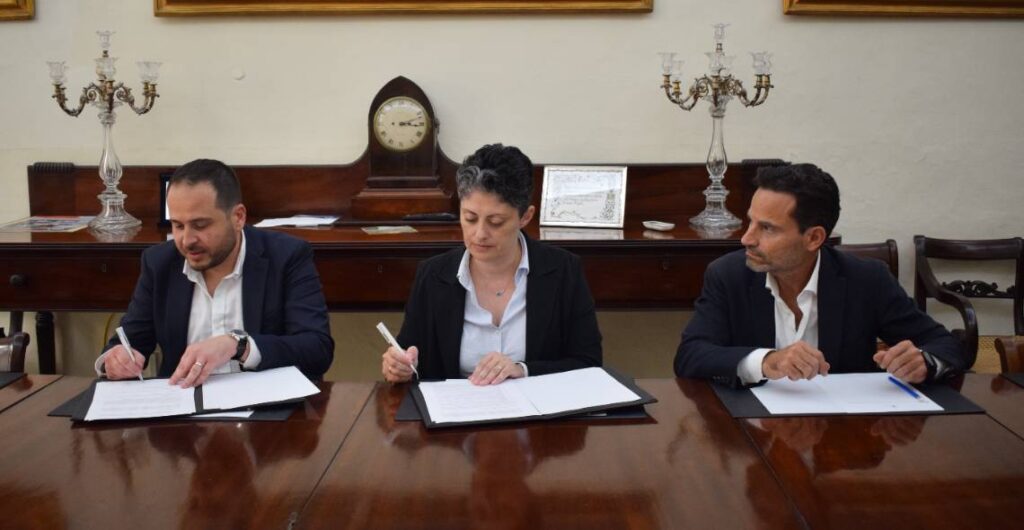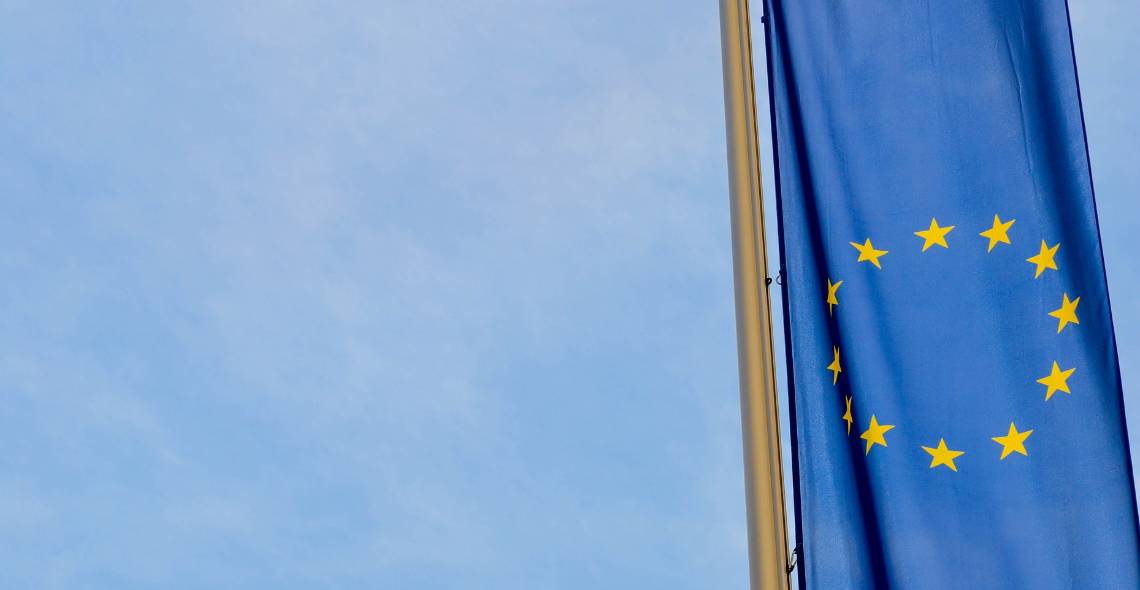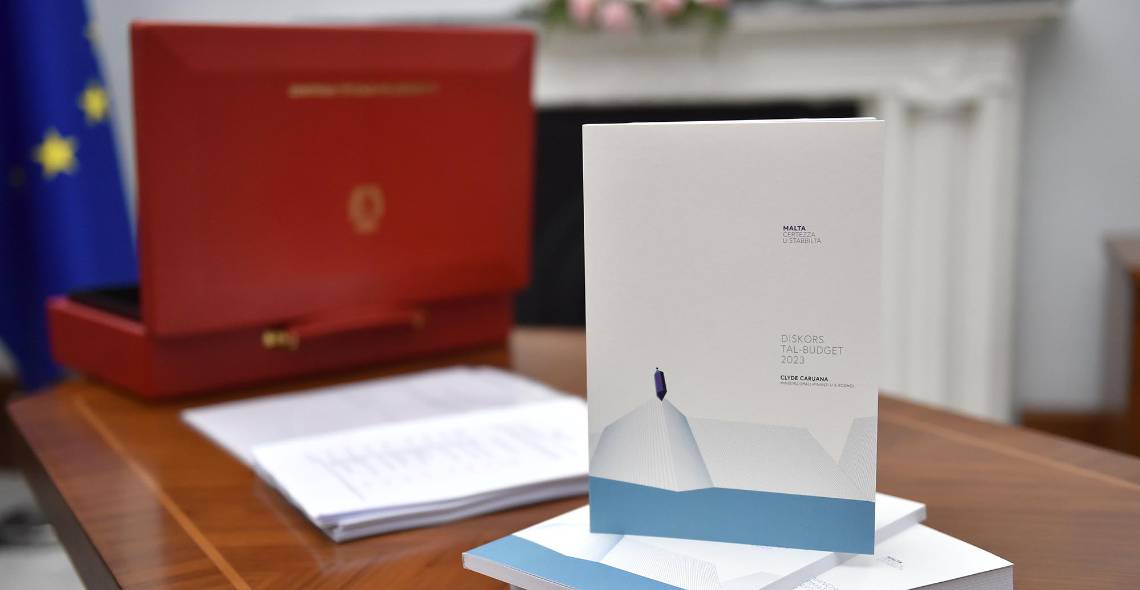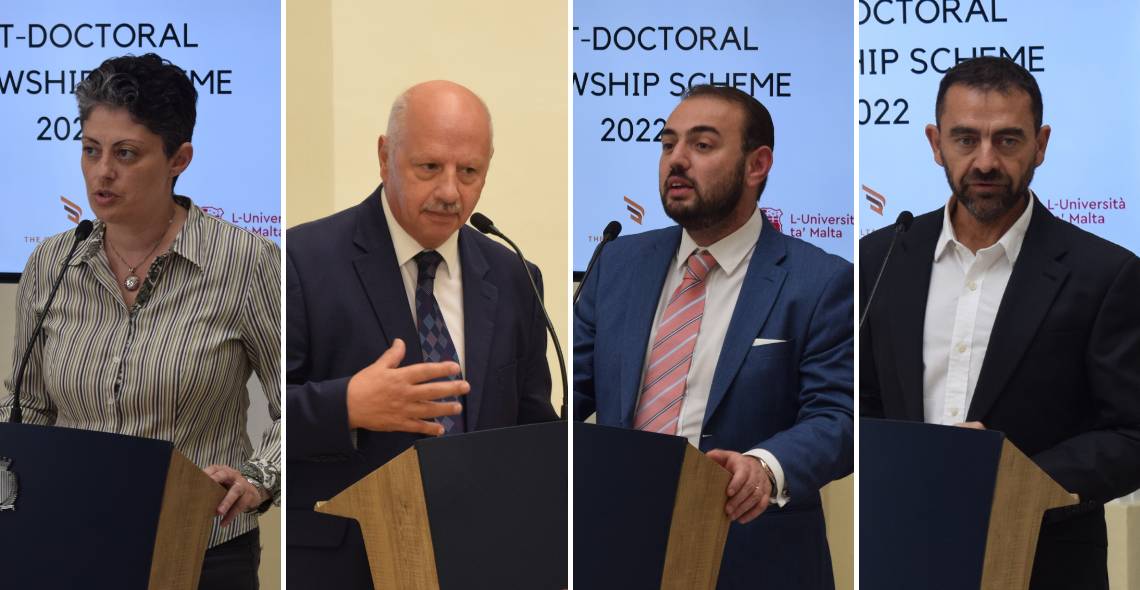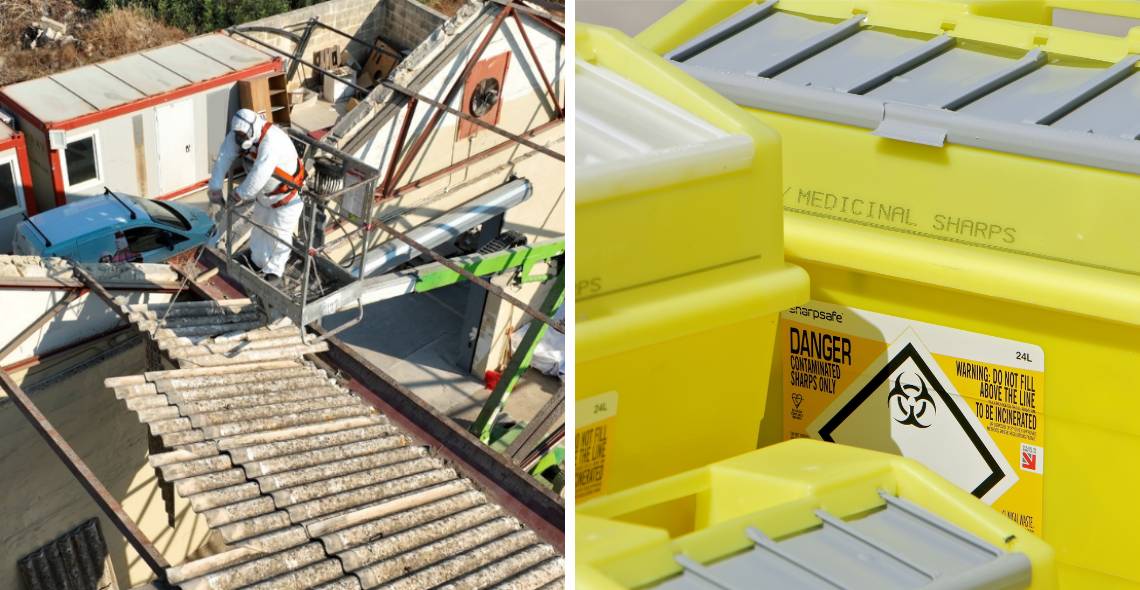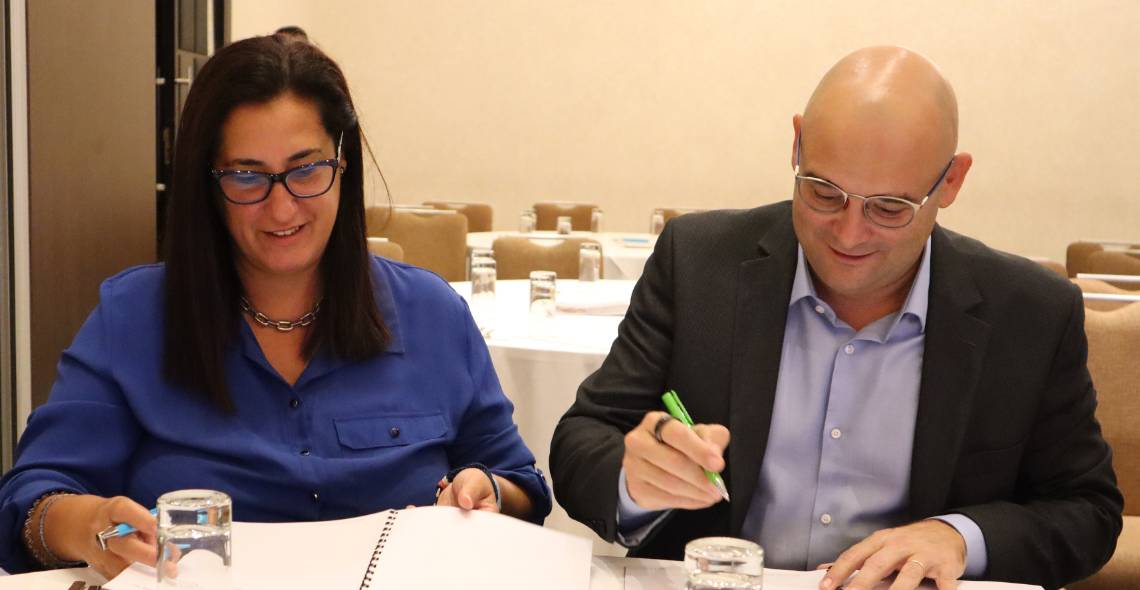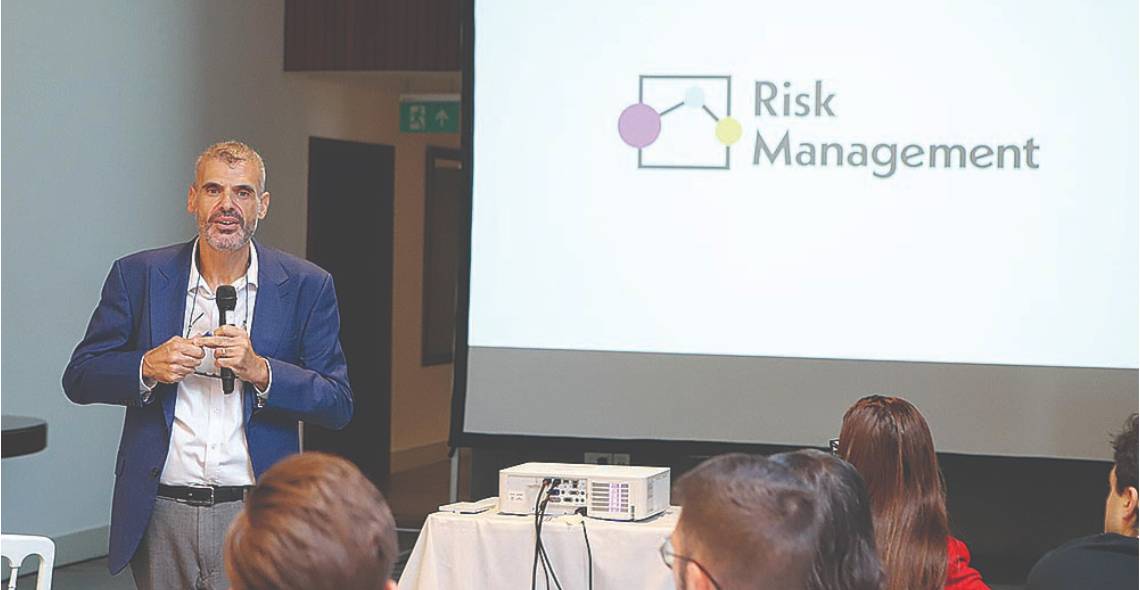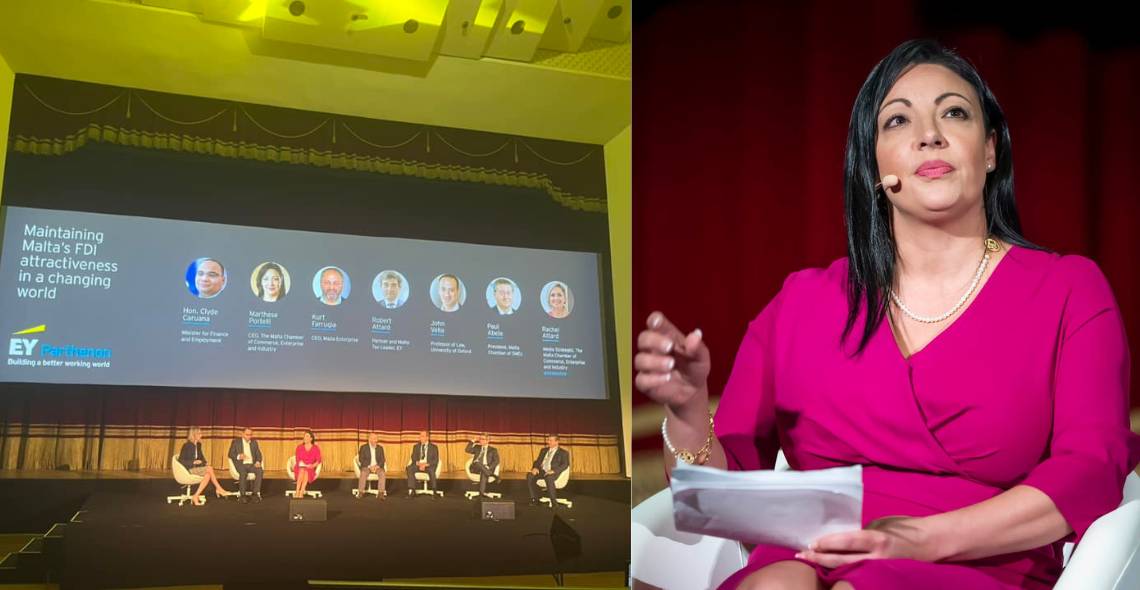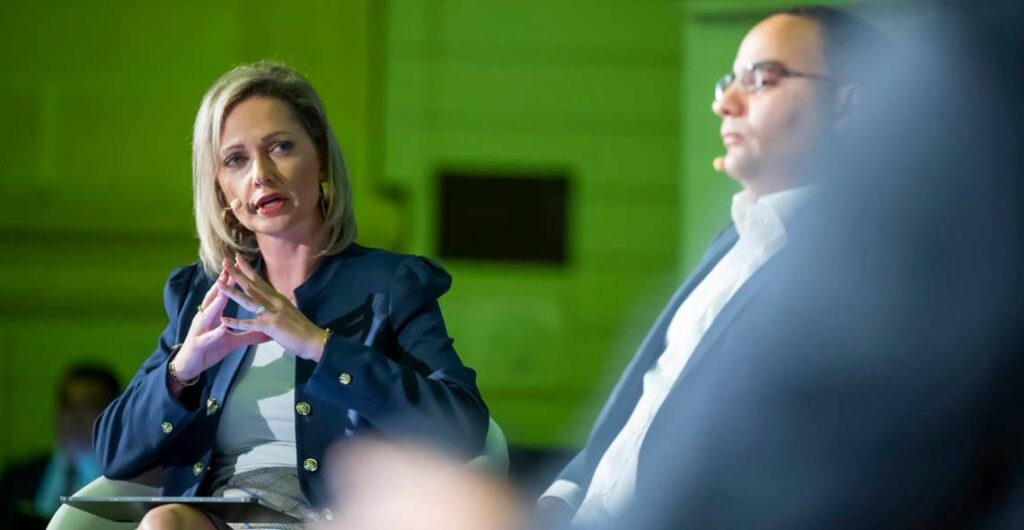“Ethics are the backbone of sound working relationships amongst colleagues and with customers.”
Ethics is deemed to be as old as humanity itself but how has the digital arena impacted the relevance of ethics in today’s workplace? This was the question that Bank of Valletta’s Ethics team put forward to challenge its people and encourage them to reflect more about ethics during the month of October joining other organisations worldwide in celebrating Global Ethics Day 2022.
Empowering Ethics across the Bank
Various initiatives were organised and teams from across the Bank were invited to submit their entries on the theme of ‘Empowering Ethics across the Bank’. As Ms Simone Dimech from the Group’s Ethics function explained, the entries submitted underlined the range of perspectives and breath of interpretations to which ethics lend themselves. The best entry was awarded to the Project & Quality Management team within the Supervisory Reporting Unit demonstrated different aspects of ethics in action. The PMO Office within the Bank’s Digital, Strategy & Transformation Team were the runners up. They put ethics by design into the limelight.
Panel Discussion
The highlight event was an online panel discussion that took place on Global Ethics Day that falls on the 19th October. The panellist were probed to discuss their views about the relevance of ethics in the digital era we are living in. Speakers included Dr Gordon Cordina (BOV Chairman), Mr Kenneth Farrugia (CEO), Anatoli Grech (Group Chief Compliance Officer), Mr Ludwig Mallia (Head Digital Factory and Channels) and guest speaker Tony Micallef, who is a professional in Business Ethics. The session was moderated by Ms Laverne Calleja Pace from the Group’s Ethics function.
Mr Micallef set the scene, highlighting the fact that ethics go beyond the law, asking the individual to choose to do the right thing.
The impact of Ethics on the Bank’s success
Discussing the implications of ethics for the Bank’s success, Mr Kenneth Farrugia explained, “Simply put, ethics is about doing what’s right and fair. It is about the moral compass of every employee and customer”. He went on to explain that once ethics is embedded in the organisation, it will strengthen ties with customers and will also shape the way customers look at the Bank. “Good ethics is our backbone, supporting customer relationships built on trust.” Speaking about the future of ethics within BOV, the Bank’s newly appointed CEO emphasized the importance of setting the tone particularly in relation to the digital paradigm. “As we evolve we must ensure that ethical principles remain ingrained in our processes and operations. We need to use metrics to determine how changes we are implementing are impacting the trust of our customers. Ultimately it is about ownership.”
Setting the Tone from the top
Likewise, Dr Cordina’s intervention homed in on the importance of “encouraging inclusiveness in the provision of feedback, ideas and opinions.” He explained that as a company, we need to regulate our behaviour and outcomes at the place of work, and this requires us to ground our decisions in ethical principles. “Having integrity as a Bank means that we are consistent and undivided in our behaviour.” Dr Cordina also highlighted the importance of the BOV culture because, “our people are moulded in ethical principles and integrity through the BOV culture.”
The Code of Conduct & Ethics
Mr Anatoli Grech reflected on the role of the Bank’s Code of Conduct, saying, “The Bank’s Code of Conduct & Ethics is key to the Bank’s success, which is measured in terms of its sustainability. The Code is not meant to be a fixed set of rules, but a document that provides general guidance.” In this context, Mr Grech explained that the success of the Code depends on the extent to which every employee uses his best judgement, especially when faced with difficult work situations.
Digital Ethics
In his intervention, Mr Mallia sought to explain how ethics and digitalization dove-tail. “We need to provide customers with the optimal experience, without allowing for doubt about our ethical practices.” He mentioned the use of data and digital algorithms that are sometimes used instead of human thinking. “Algorithms need to be nurtured to ensure that no bias is built into them.”
To this effect, the Bank’s Digital Team is looking into the setting up of a digital ethics committee to ensure continuous auditing and human supervision in process design, identifying issues at an early stage.
Whilst thanking BOV employees for their keen participation in the initiatives organised, and the teams from Ethics and Compliance for the professionalism and dedication shown, Mr Kenneth Farrugia reiterated that, “Ethics are the backbone of sound working relationships amongst colleagues and with customers.” He urged BOV employees to keep abreast with developments and guidelines, whilst keeping the conversation about ethics alive.
